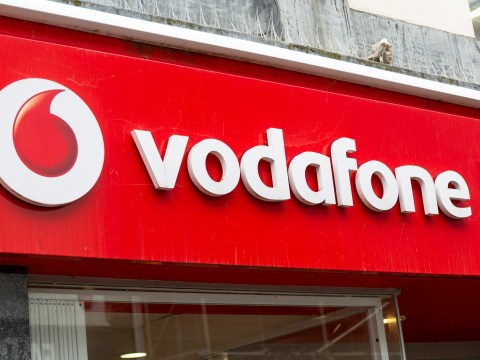Vodafone has deactivated its 3G network, so some phones are no longer need to browse the internet while on the road.
Even yet, 3G-capable smartphones can still make and receive calls and messages, and the company claims that a small number of isolated and rural towns will maintain service for a “brief period of time.”
The majority of Vodafone’s customers use 4G and 5G, therefore the company stated it made the decision to spend more in both networks. However, this implies that some consumers will need to upgrade to a new phone, which could be an unnecessary investment given that the UK is still experiencing a problem related to rising living costs.
Vodafone announced the switch-up at the beginning of 2022 and begun shutting off its 3G network in January, across the cities of Plymouth, Basingstoke, Hull, Oxford and Glasgow last year.
But by the end of February, all 3G services across the UK have been turned off.
‘Our focus remains to continue to build the UK’s most reliable mobile network and to continue to do this, we need to ensure our technologies are fit for purpose,’ said Andrea Dona, Vodafone’s UK network director.
‘Now is the time to say goodbye to 3G and focus on the current benefits and future possibilities of our 4G and 5G networks.’
Affected phone models include
- Apple iPhone 4s
- Apple iPhone 5s
- Apple iPhone 5c
- Google Pixel
- Google Pixel XL
- Google Pixel 2
- Google Pixel 2XL
- LG K3
- LG wine
- LG Envoy III
- LG v20
- Samsung Galaxy J3 (2017)
- Samsung Galaxy J7
- Samsung Galaxy Note 5
However, the firm still has its 2G network, and there are no plans to shut it down anytime soon as it remains in place for calls and texts, but not for data.
The UK has four mobile operators that own the mobile network infrastructure – Vodafone, Three, EE and O2 – but all are in the process of shutting down 3G.
EE started its 3G network closure in January, while Three aims to shut it down by the end of the year.
O2, meanwhile, will be ending 3G by the end of 2025.





